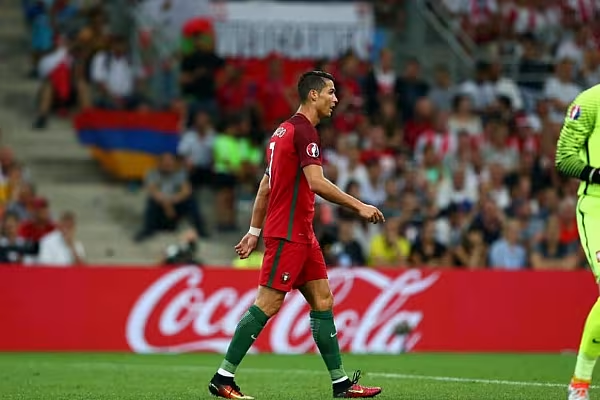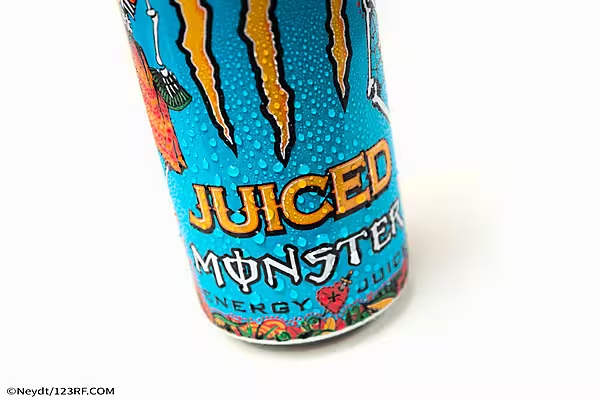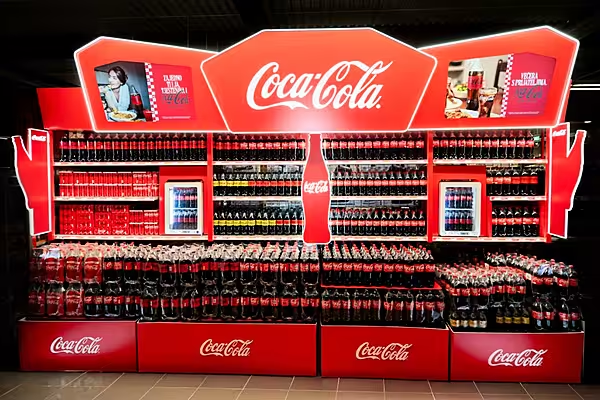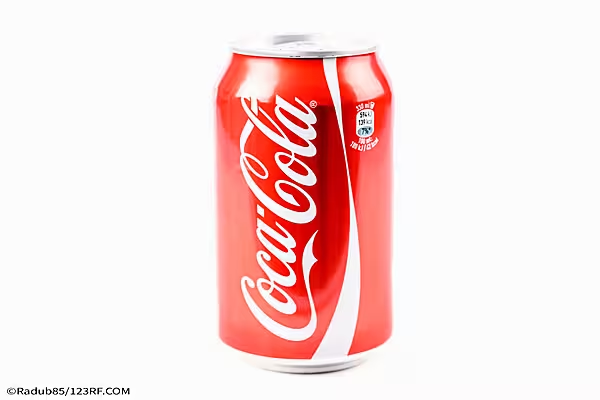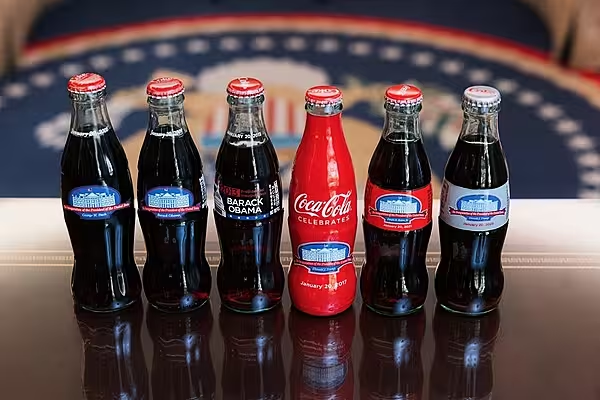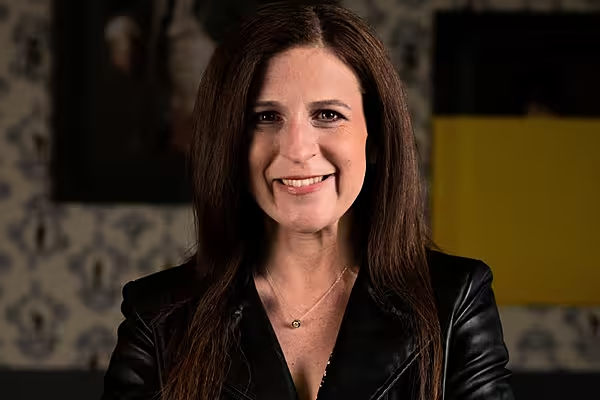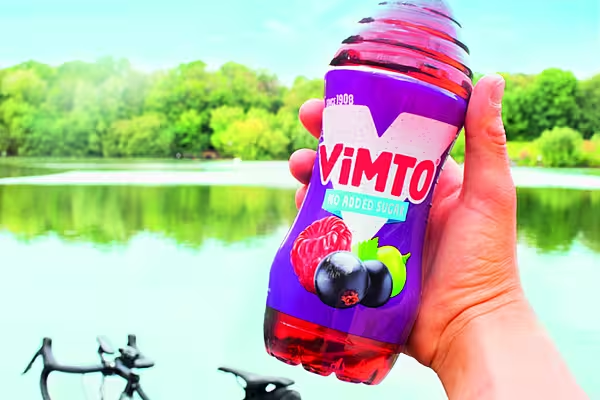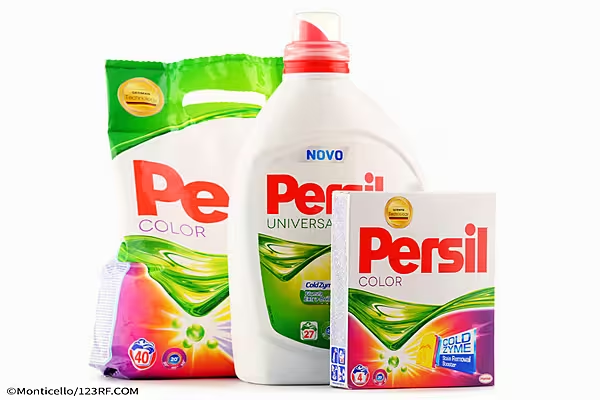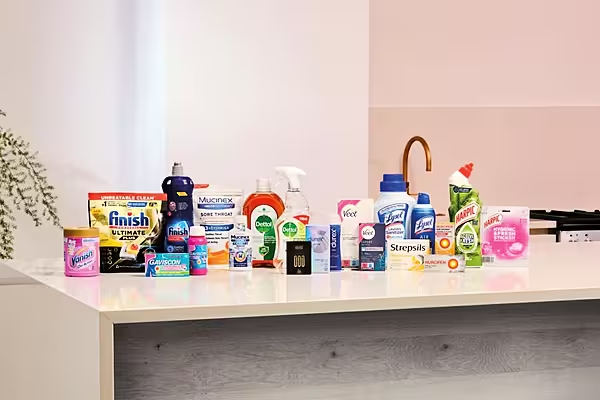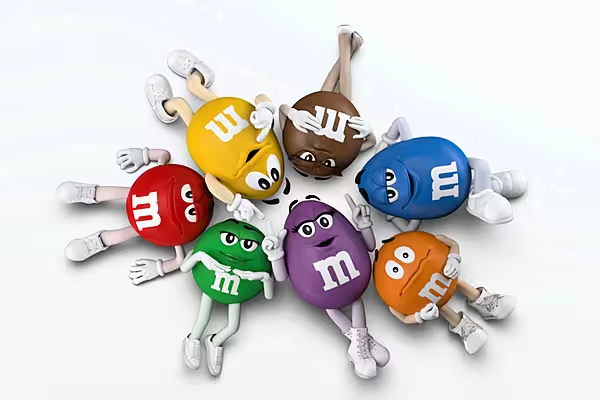While Cristiano Ronaldo's two goals against Hungary at Euro 2020 rightly adorn the back pages of today's newspapers, the Portugal star's snub of one of the competition's main sponsors ensured he made the headlines for entirely different reasons.
Sitting down at a televised press conference on Monday, Ronaldo moved two bottles of Coca-Cola out of sight, replacing them with a bottle of water, before declaring "Agua!" ("Water!") into the microphone – a simple move that had a sudden, negative impact on the company's share price.
Both Coca-Cola and competition organisers UEFA sought to brush over the matter, with the former issuing a statement that “everyone is entitled to their drink preferences” and the latter stating “Players are offered water, alongside Coca-Cola and Coca-Cola Zero Sugar, on arrival at our press conferences.”
Coca-Cola Sponsorship
But the snub, and its impact on Coca-Cola's share price – at the time of writing, the price hasn't yet recovered to its pre-press conference level – will have not gone unnoticed by investors, nor by the major firms that traditionally step up to support major sporting competitions.
In 2019, announcing Coca-Cola's sponsorship of Euro 2020, UEFA described the drink brand as the 'perfect partner' for the competition, due to its 'ability to unite people and bring them together'.
Coca-Cola first signed up to sponsor the UEFA European Championships in 1988, and at the time of the announcement, Guy-Laurent Epstein, marketing director of UEFA Events SA, praised the company's continued support, saying “We value Coca-Cola’s continued commitment to European national team football, which is into its fourth decade."
For Coca-Cola, the sponsorship would give the company the opportunity to showcase several brands – not just its carbonated lynchpin – including 'sparkling beverages, sports drinks, water, ready-to-drink coffee and fruit-based drinks, with low, and sugar-free options', the company said at the time.
"In 2020, leading up to and during the tournament, we’ll feature a broader array of beverages than ever before to refresh teams and fans alike all across Europe," said Walter Susini, Coca-Cola’s vice-president for marketing for Europe, Middle East and Africa.
Notably, that press release was accompanied by an image of none other than Cristiano Ronaldo, strolling past a Coca-Cola advertising hoarding, as shown above.
Fast forward to this year's COVID-delayed event, and Coca-Cola's pre-tournament investment was ramped up; it appointed Tottenham footballer Harry Kane as its brand ambassador in the UK, as well as unveiling the interactive Open That Coca-Cola advert, which also featured England stars Marcus Rashford and Alex Oxlade-Chamberlain.
Separately, it also launched the Win A Ball, Give A Ball campaign, which offered consumers the chance to win an official tournament football, as well as donate a ball to a region around the world, as part of a wider initiative to encourage younger people to play sport.
Influencing Purchase Choice
“Ronaldo’s decision to shine the spotlight on water rather than Coca-Cola is one that may resonate with 57% of consumers globally who say that, in the current situation, a product’s health and wellbeing claims has the greatest influence on their purchase choice - as well as a further 28% who admit that this somewhat affects their decisions," commented Khalid Peerbaccus, senior consumer researcher at GlobalData.
"That Ronaldo is a prominent sports figure further adds weight to his promotion of water over the soft drink, as many view and trust him as a symbol of health that is necessary for his athletic accomplishments."
Read More: Pogba Joins Ronaldo In Sponsorship Snub At Euro 2020
Health And Wellness
At company level, Coca-Cola has also recently increased investment in health and wellness brands – it recently launched smartwater+ in the US, an extension of its smart water brand, which aims to fit in with consumers daily wellness needs.
But for individuals such as Ronaldo, it seems the company seems inexorably linked to the sugar-based beverage that stands at its trademark.
"I'm tough with my son," he said recently, according to Marca. "Sometimes he drinks Coca-Cola and Fanta, he eats crisps and he knows I don't like it."
The Juventus star's latest press conference move raises a question as to how major brands position their association with global events, while also successfully convincing those at its heart – the players – that their intentions are good.
© 2021 European Supermarket Magazine. Article by Stephen Wynne-Jones. Picture by ©UEFA.com. For more A-Brands news, click here. Click subscribe to sign up to ESM: European Supermarket Magazine.
